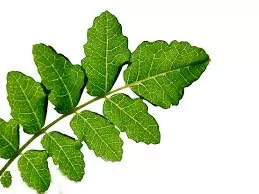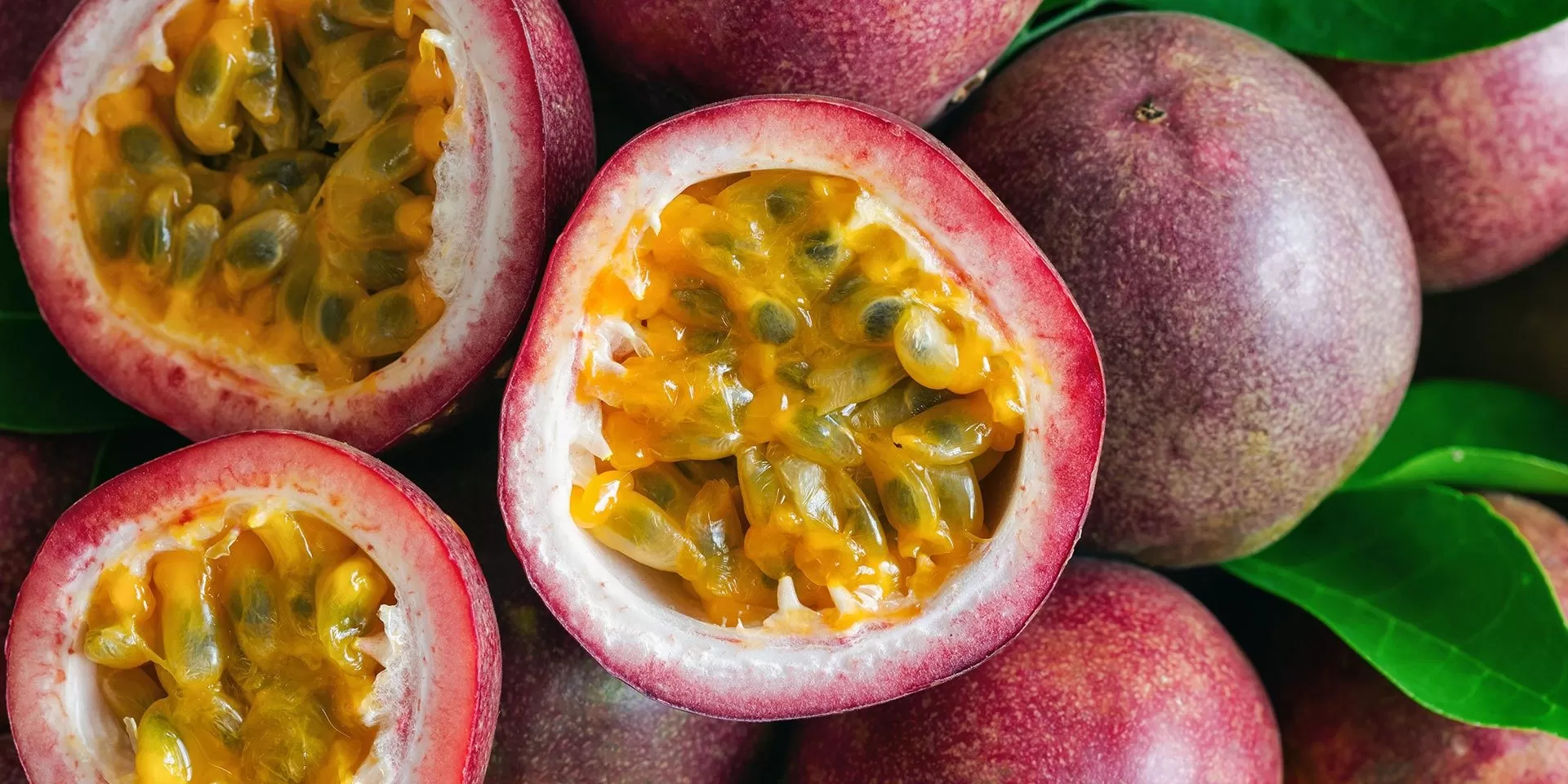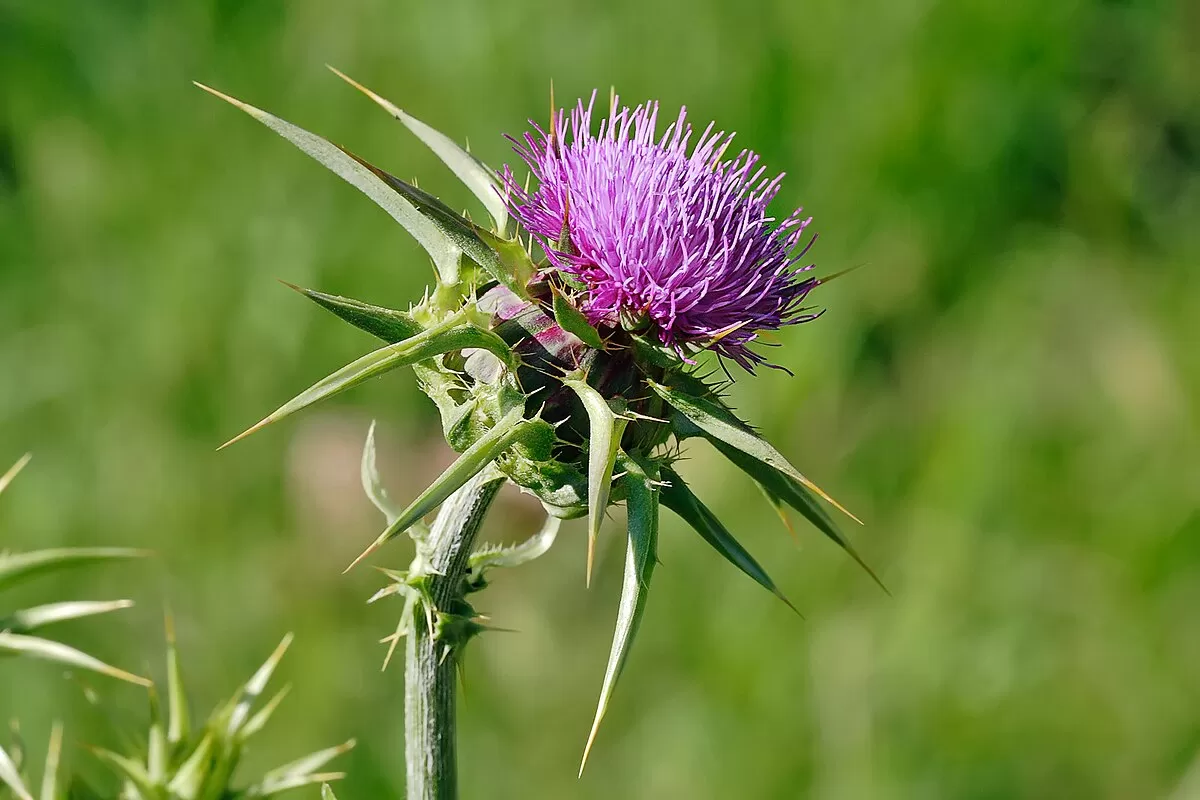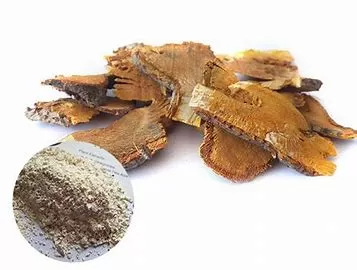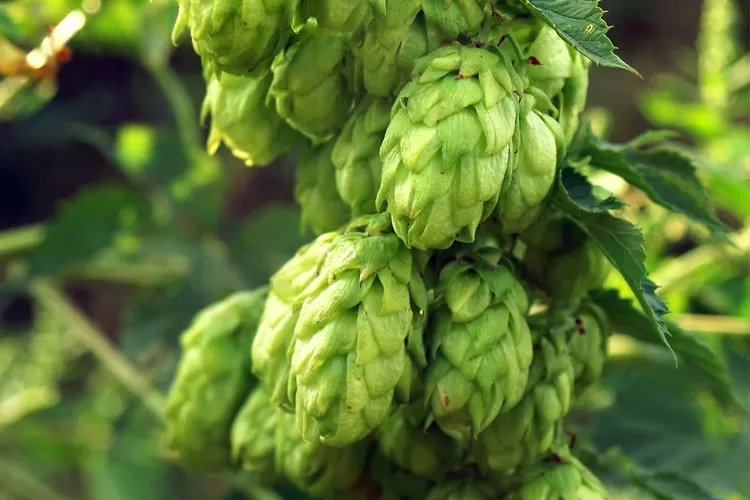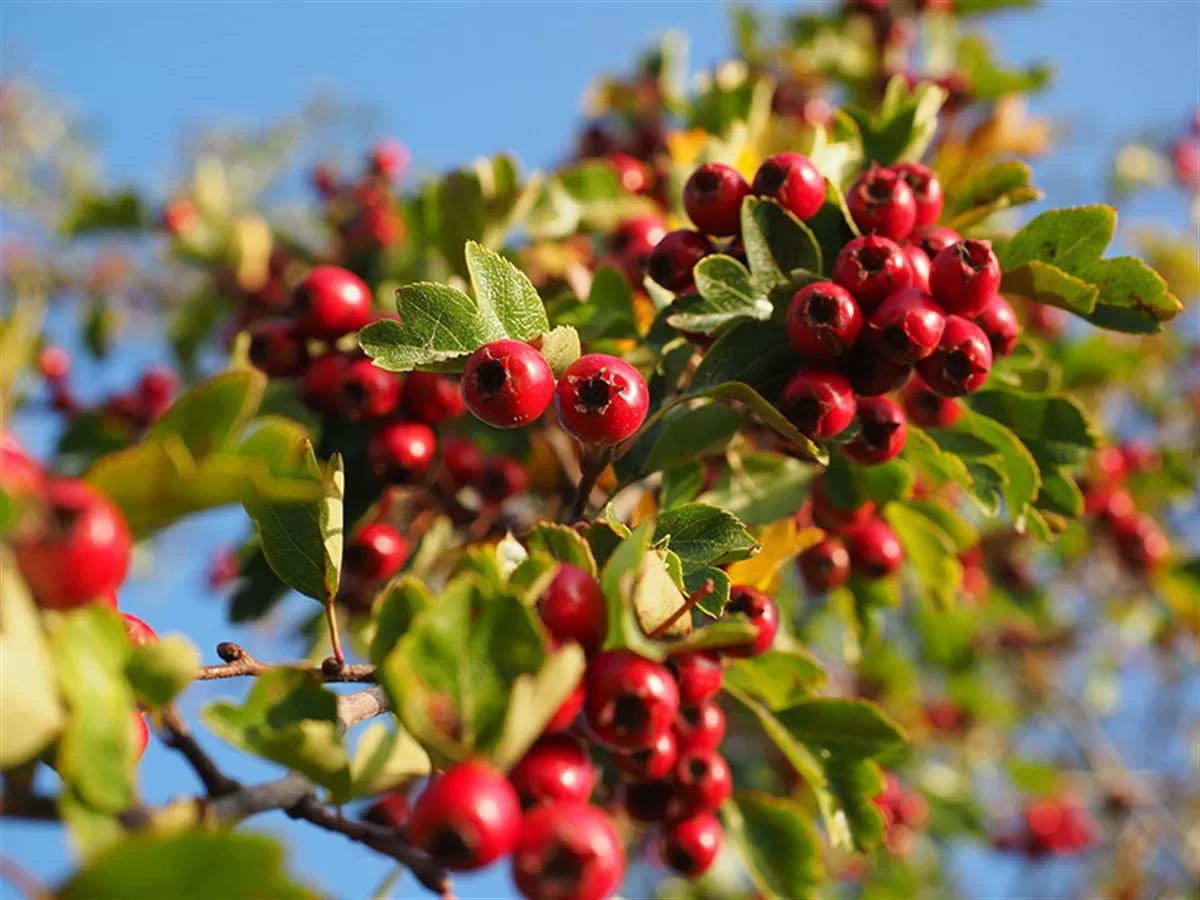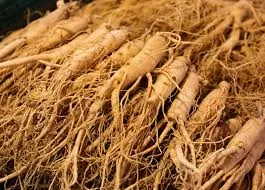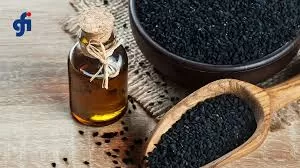- 0086-571-85302990
- sales@greenskybio.com
Probiotics Need Fiber to Truly Boost Gut Health
2025-03-25
Probiotics are known for introducing beneficial bacteria to your gut, but without adequate fiber in your diet, their benefits may be short-lived. To make probiotics successful in improving gut health, experts emphasize the importance of a varied diet rich in fiber.
“They’re kind of like tourists. They change the neighborhood for a little bit, but it doesn’t change the city as a whole,” said Dawn B. Beaulieu, MD, IFM-CP, FACG, an associate professor of medicine specializing in gastroenterology at Vanderbilt University Medical Center. This means that while probiotics can prime your gut for improved health, it's the fiber that fosters lasting changes.
“You can’t use a probiotic in place of good nutrition. You can’t out-supplement a bad diet," Beaulieu added.
How Probiotics Work
Probiotics—commonly referred to as “good bacteria”—play a crucial role in maintaining gut microbiome balance. Your gut microbiome is home to trillions of microorganisms that help break down food and support immune function.
When the gut microbiome is disrupted, such as after taking antibiotics, the depletion of beneficial bacteria can lead to digestive issues like diarrhea or constipation. While probiotics can help restore some of the balance, research suggests they may not be sufficient on their own to fully protect against infections.
Fiber: A Vital Partner for Probiotics
Certain fibers, like inulin or fructooligosaccharides (FOS), act as prebiotics, serving as food for beneficial bacteria in the gut. These fibers help the probiotics flourish, fueling processes that improve gut health.
Fiber can transform into compounds like butyrate, which reinforces the protective gut lining and boosts immune function, said Allen A. Lee, MD, MS, a clinical lecturer in gastroenterology at the University of Michigan Health. Without enough fiber, probiotics may not stay in the gut long enough to deliver their full benefits.
Research supports the synergetic relationship between fiber and probiotics. For example, a study found that combining probiotics (Bifidobacterium animalis subsp. lactis) with inulin significantly increased good bacteria levels, reduced visceral fat, and improved vascular health. This combination may help prevent metabolic syndrome, including conditions like insulin resistance, obesity, and high blood pressure.
Additionally, another study revealed that eating fiber-rich foods could even lower the risk of cancer. Consuming fiber alongside probiotics from sources like fruits, vegetables, and whole grains fosters an optimal environment for beneficial bacteria while crowding out harmful ones.
This bacterial competition on the gut lining reduces inflammation, enhances digestion, and lowers the risk of gastrointestinal illnesses.
Probiotics and Fiber in Treating Gut Disorders
Fiber has proven effective in managing various gut disorders, including irritable bowel syndrome (IBS) and chronic constipation, according to Lee. Fiber can improve gut transit, easing symptoms of both constipation and diarrhea.
“It’s helpful in patients who have diarrhea-predominant IBS because it can actually firm up stools. Fiber has this paradoxical ability to help people with both constipation and diarrhea,” Lee explained.
Probiotics may also benefit individuals with inflammatory gut conditions or antibiotic-associated diarrhea. However, past research has varied widely regarding the best probiotic strains and dosages, leaving questions about the most effective approach.
Nutrition for a Diverse Microbiome
Despite widespread benefits, most Americans fall short of fiber intake recommendations, consuming only about two servings of fruits and vegetables daily instead of the recommended five. Experts suggest aiming for three servings of fruits and vegetables at every meal, with a target of seven different colors on your plate for maximum nutritional diversity.
“The more diverse foods that we eat, the more diverse our microbiome is and the healthier our gut is,” Lee said.
By combining probiotics with fiber-rich foods, individuals can enhance their gut health, promoting balance, reducing inflammation, and supporting overall digestion and immunity for long-term well-being.
-
Passion Fruit: Health Benefits and Enjoy
2025-03-25
-
Hops: All You Need to Know
2025-03-25
-
Hawthorn: What You Need to Know
2025-03-25





